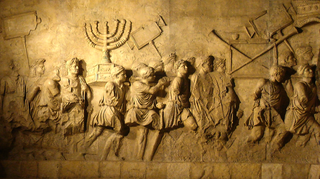The whole point of Hebrews is to change the mind of the Christians backsliding to Judaism – or just outright falling away. While leadership in the church is important, it is not the only thing required to keep a group together and motivated. It takes the involvement and example of each and every member of the body. As such, relying on one another is a recurring commandment in the New Testament, as I listed in 10 Christian “One Anothers”
Three One Anothers for a Strong Church
In the Hebrew writer’s exhortations to examine how Christ improved the old covenant, he mentions three times that we are to help one another out along the way:
- We are to exhort one another (Hebrews 3:13) – Christians are to rely on each other to get through our weaknesses and temptations. So many of our sins are hidden from our own eyes through their own deceitfulness.
- We are to provoke or stir up one another to love and good work (Hebrews 10:24) – It is very difficult to attend a worship assembly of a close knit church and come away with no refreshment. The desire to know each other more and to work together grows at every meeting.
- We are to encourage one another through our attendance (Hebrews 10:25) – It is impossible to be an influence to fellow Christians if we are not there to influence them! We should take advantage of every opportunity to meet with the saints, whether it is a scheduled formal worship or less formal opportunities to study and work together.
All three of these come from words of motivation – a positive action we are to take to help edify (build up) a fellow Christian.
The Christians that …
- do not roll up their sleeves and get to the work
- have spotty attendance
- fail to participate in the fellowship
…are depriving the rest of us of what we crave: the faith and confidence that grows from being among one another.






















July 31, 2013
1 Comment